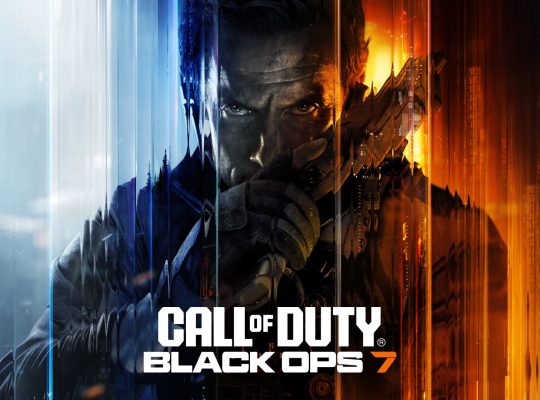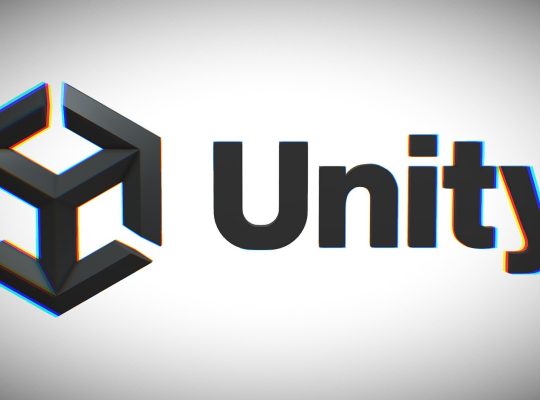The U.S. Court of International Trade has blocked former President Donald Trump’s controversial “Liberation Day” tariffs, bringing relief to industries across the board—including gaming. The ruling declared that Trump overstepped his authority by invoking emergency powers to impose sweeping tariffs on goods from countries like China and the European Union.
What Was at Stake?
The tariffs would have imposed a 10% baseline duty—potentially higher—on a range of imported products. For the gaming world, that meant:
- Increased costs for consoles like the PlayStation 5, Xbox Series X, and Nintendo Switch
- Pricier PC components such as graphics cards, CPUs, and motherboards
- Higher retail prices for gaming accessories like controllers, VR headsets, and peripherals
With many of these products manufactured in or assembled from parts sourced abroad, the industry braced for a domino effect of price hikes.
A Win for Gamers and Developers
Major hardware manufacturers had been quietly preparing for the worst. Analysts warned that tariffs would not only inflate prices for consumers, but also disrupt supply chains and delay product launches. Now, with the court’s decision halting the tariffs:
- Console prices are expected to stabilize, avoiding a ripple effect during upcoming holiday launches.
- Indie developers, who rely on affordable hardware to test and develop games, are spared additional costs.
- PC gamers, already grappling with high GPU prices, are likely to see fewer artificial spikes.
The Entertainment Software Association (ESA), which represents key players in the gaming industry, had previously warned that such tariffs would “cripple innovation and burden consumers.” Their fears were echoed by tech companies and retailers alike.
Economic Ripple Effects
The gaming industry is particularly sensitive to trade policy shifts. Cloud gaming servers, streaming devices, and even mobile hardware would have all been affected. The court’s ruling not only restores market confidence but could encourage further investment in upcoming technologies like VR and AI-assisted gaming.
Meanwhile, the Trump administration has indicated plans to appeal, arguing that national economic threats justify presidential trade actions. However, for now, the decision reaffirms that only Congress holds the constitutional authority to regulate international commerce.
Looking Ahead
With hardware prices holding steady and developers breathing easier, the blocked tariffs come as a rare piece of good news for a tech sector still recovering from pandemic-era shortages and inflation pressures.
As the 2025 holiday season approaches, gamers can look forward to more affordable hardware, uninterrupted release schedules, and a more stable market—all thanks to a legal decision that may have saved the industry from another economic blow.










